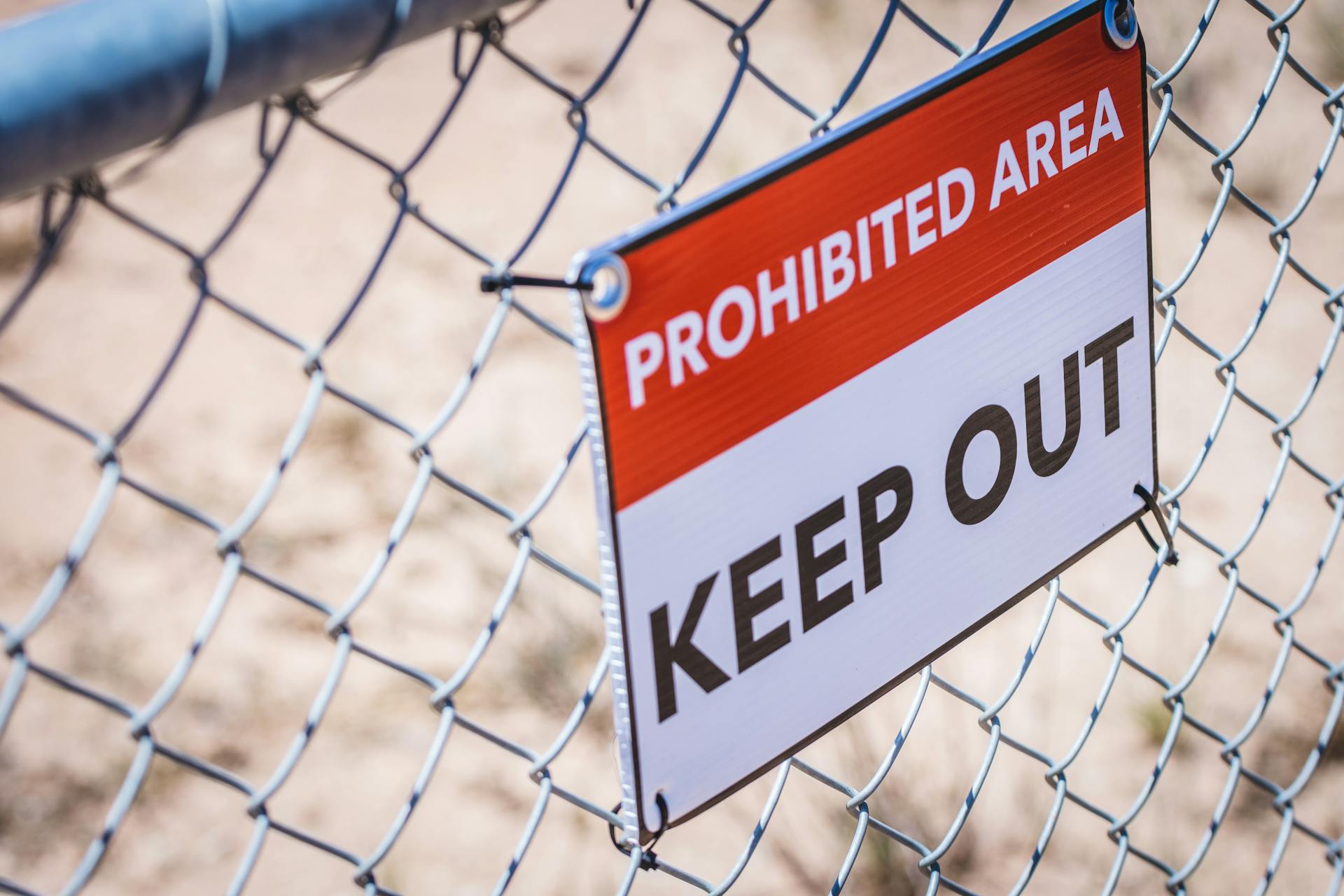Trespass occurs when a person interferes with another person’s possession of property without permission.
What is trespass?
Trespass can apply to both personal property (for example goods, possessions, cars) and to real property (land).
This article will discuss only trespass to real property, i.e trespass to land.
It is important to note that where someone has been invited on to your property or have been granted permission by you to remain on the property, they are not committing trespass. It is only once you ask that person to leave and they refuse to do so that a trespass occurs.
Types of Trespass to Land
The two main types of trespass to land are unauthorised entry and unauthorised presence.
- Unauthorised entry
This type of trespass to land occurs when someone has entered or interfered with another person’s property without the consent of the occupier.
- Unauthorised presence
This type of trespass to land occurs when someone remains on someone else’s property without consent. This could occur when someone has been given permission to enter the property (or has entered due to an implied license, due to necessity etc.) but has refused to leave the property when asked to do so by the property occupier.
Elements of Trespass to Land
The main elements required to substantiate a claim for trespass to land are:
- Lawful Possession
A person wishing to bring a claim for trespass to land must have lawful possession of the land at the time of the alleged trespass.
This principle would prohibit, for example, a landlord who has tenanted out a property to a tenant from bringing a claim for trespass to land, as the landlord does not have possession of the property.
- Direct Interference
There must have been a direct interference with the land by the defendant without a lawful reason for doing so (as discussed below).
It is important to note that even if a person has originally had a lawful reason for entering/remaining on the land, this lawful reason is not enduring. Permission or authorisation can be revoked by the land occupier at any time, at which point the lawful reason for entering / remaining on the land is extinguished.
- Fault
The defendant must be at fault for the alleged trespassing behaviour. In essence, a voluntary act of the defendant to trespass is required to make out a claim for trespass and that voluntary act must have taken place without a lawful reason for doing so.
Defences to Trespass
There are a number of defences to a claim for trespass.
Some of the most common examples are:
- Consent
A defendant will be able to establish a defence to a trespass claim if they can prove that the alleged trespass occurred with the land occupier’s consent.
This consent may be express or implied by conduct, however it is important to note that the occupier’s consent must have been given voluntarily and genuinely and that it had not been revoked since consent was given.
- Implied License
In certain situations, there may be an implied license for individuals to enter a property without express consent from a land occupier.
One subset of these implied licenses applies to certain persons who have authority under relevant laws and/or regulations to enter into a property for a legitimate purpose. Examples include police officers and fire fighters.
Another subset of implied licenses applies to persons entering for a legitimate purpose such as delivering mail or making enquires of the land occupier by attending the front door of the property. It is important to note however that this subset of implied licenses can be expressly revoked by the occupier, at which time, if that person does not leave the property, a trespass will occur.
- Necessity
A defendant may be able to claim necessity as a defence where they can demonstrate that interference was necessary but consent could not be reasonably obtained.
It is important to note that the burden of proof will lie on the defendant to prove that they reasonably believed there was an imminent danger to people or property and that the defendant’s conduct was reasonably necessary.
- Involuntary conduct / Accident
This defence is available only in situations where the defendant can prove that their conduct in interfering with the land was involuntary or a genuine accident.
- Mistake
Whilst this defence is often harder to substantiate, a defence to trespass of land can be made out where a defendant can show that they acted with a mistaken belief and that mistake was reasonable.
It is important to note however that the threshold for establishing that the mistake was reasonable is a difficult test to meet.
Establishing Trespass to Land
In order to substantiate a claim for trespass to land, the plaintiff must demonstrate that their property has been interfered with (e.g. another person has entered their property) and that the defendant did not have the occupier’s permission to do so.
Whilst the burden of proof lies with the defendant for establishing that one of the defences above applies, the burden of proof for establishing that a trespass occurred lies with the plaintiff.
Remedies for Trespass to Land
Compensatory Damages
- Where a trespass has occurred and that trespass has resulted in damage to the property, a plaintiff will be entitled to seek compensatory damages. The aim of compensatory damages is to restore the plaintiff to the position they would have been in had the trespass not occurred.
Nominal and Exemplary Damages
- Nominal and exemplary damages do not require that any damage has occurred to the plaintiff’s property. These remedies are largely discretionary and will be determined according to the facts of the particular case.
Injunctions
- In certain circumstances, a court may order an injunction to prevent the defendant from trespassing on the plaintiff’s property. An injunction is most commonly awarded in trespass cases where the trespass is repeated or ongoing.
How can Rosendorff Lawyers help?
If you believe that your property has been trespassed upon, or if you have been accused of trespass, Rosendorff’s friendly team of property lawyers can help.



